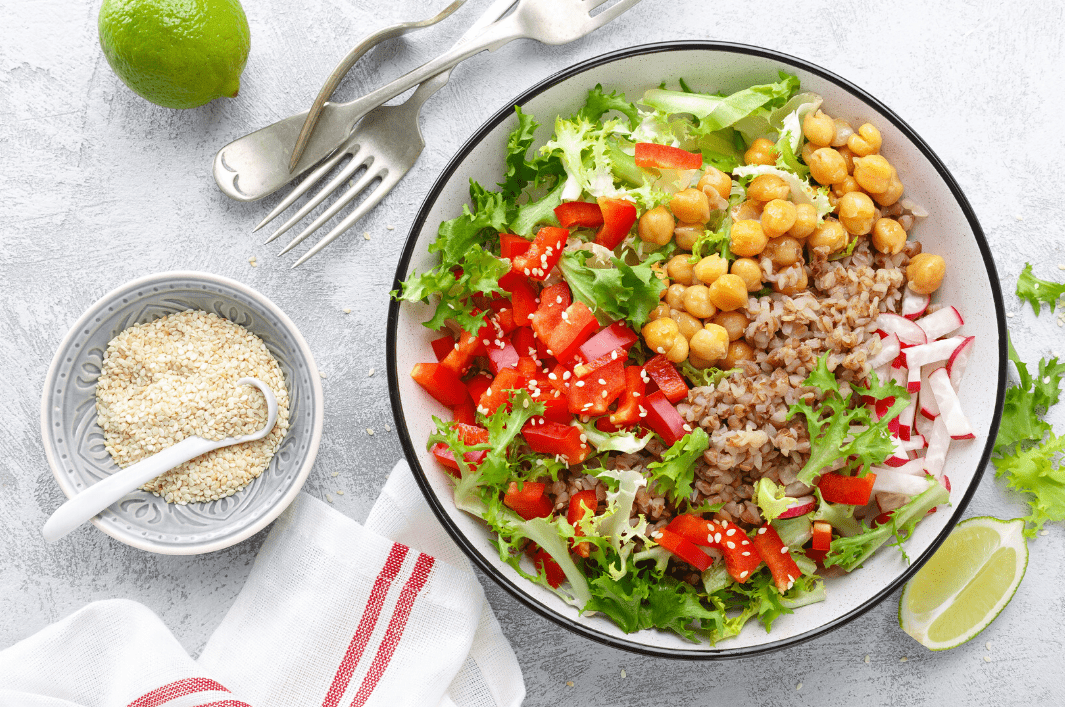Top 7 Foods to Build Muscles Naturally for a Healthy Lifestyle – Although it can be challenging, naturally gaining muscle is not impossible. There are numerous approaches to take; the important thing is to decide which one suits you the best. The advantages of naturally gaining muscle are numerous. You’ll feel better about your appearance and have a better body. Additionally, you’ll be stronger and healthier, which will improve how you feel all around. The most crucial element in developing muscle growth is nutrition.
Muscles cannot be grown if sufficient nutrition is not consumed. Eating a balanced diet that has a balance of protein, carbohydrates, and fats is the secret to gaining and staying in shape. The best method to determine what your body requires is to speak with a specialist who can work with you to create a personalized food plan that suits your needs and way of life. Have you been working out in the gym for a long time or using those tasteless protein powders to gain muscle?
You might be overlooking something that easily offers your exercise routine a healthy boost and provides your body with the nutrition it needs to develop strong muscles. Here are a few nutritious foods that may be added to your diet to naturally help you gain muscle. According to experts, building and maintaining muscle requires both high-protein diets and regular exercise.
People Also Read: A Study Suggests that Eating Late May Cause Weight Gain by Increasing Hunger and Slowing Metabolism
Top 7 Foods to Naturally Build Muscle
1. Soybean
One of the healthiest sources of plant-based protein are soybeans. You’d be shocked to learn that soybeans can provide up to 52 grams of protein per 100 grams. Furthermore, soybeans are one of the healthiest meat substitutes since they include unsaturated fats, vitamins, and minerals, which aid in muscle growth. Additionally, including soybeans in your diet might help your body absorb adequate amounts of minerals including phosphorus, iron, and vitamin K.
2. Beans
Although every culture has a different manner of preparing beans. Did you know that they are a fantastic source of proteins that support the development of lean muscle? Lean proteins are present in almost all bean types. In actuality, one cup of cooked beans has as much protein as 15 grams. Beans are also a good source of fiber and several important minerals, including magnesium, phosphorus, iron, and vitamin B. In fact, choosing plant-based protein is a great choice if you’re seeking for a more sustainable strategy to keep your muscles strong.
3. Salmon
Nothing compares to overindulging on a salmon dish while still gaining lean, healthy muscle. Omega 3 fatty acids and protein are both abundant in salmon. Salmon contains 17 grams of protein per serving, along with 2-3 grams of omega-3 fatty acids, vitamin B, and other nutrients. The amount, however, may change based on the amount of fish. It’s interesting to note that including salmon in your diet can naturally aid in developing lean muscle mass while also benefiting your heart, bones, and skin.
4. Eggs
Eggs, a beloved breakfast staple, are a powerhouse of essential nutrients like choline, B vitamins, and a wealth of protein. Amino acids are found in abundance in proteins, and the amino acids found in eggs aid in the development of muscle tissue. In reality, eggs contain the high-quality amino acid leucine, which promotes energy and aids in increasing muscle strength.
5. Banana
Because they are high in protein, bananas are the ideal post-workout snack. Additionally, eating bananas after working out can aid in lowering inflammation and easily restore muscle glycogen, both of which hasten muscle recovery.
6. Almonds
Almonds include protein, fiber, antioxidants, and other minerals that can hasten the process of muscle growth. Due to its low calorie count, lack of cholesterol, and lack of saturated fat, almonds are also regarded as a healthy snack. Before working out, eat some nuts and fruit to keep satisfied and energized.
7. Brown Rice
Brown rice in many countries around the world is a staple diet. It is nutrient-dense, high in fiber, and low in calories. In addition to these advantages, rice has a low glycemic index and is a superior source of protein. Iron, magnesium, zinc, selenium, and folate are all abundant in rice. Additionally, it has antioxidants that help shield our bodies from free radicals, which can harm DNA and cells.
READ MORE
The 6 Types Of Essential Nutrients Your Body Needs




